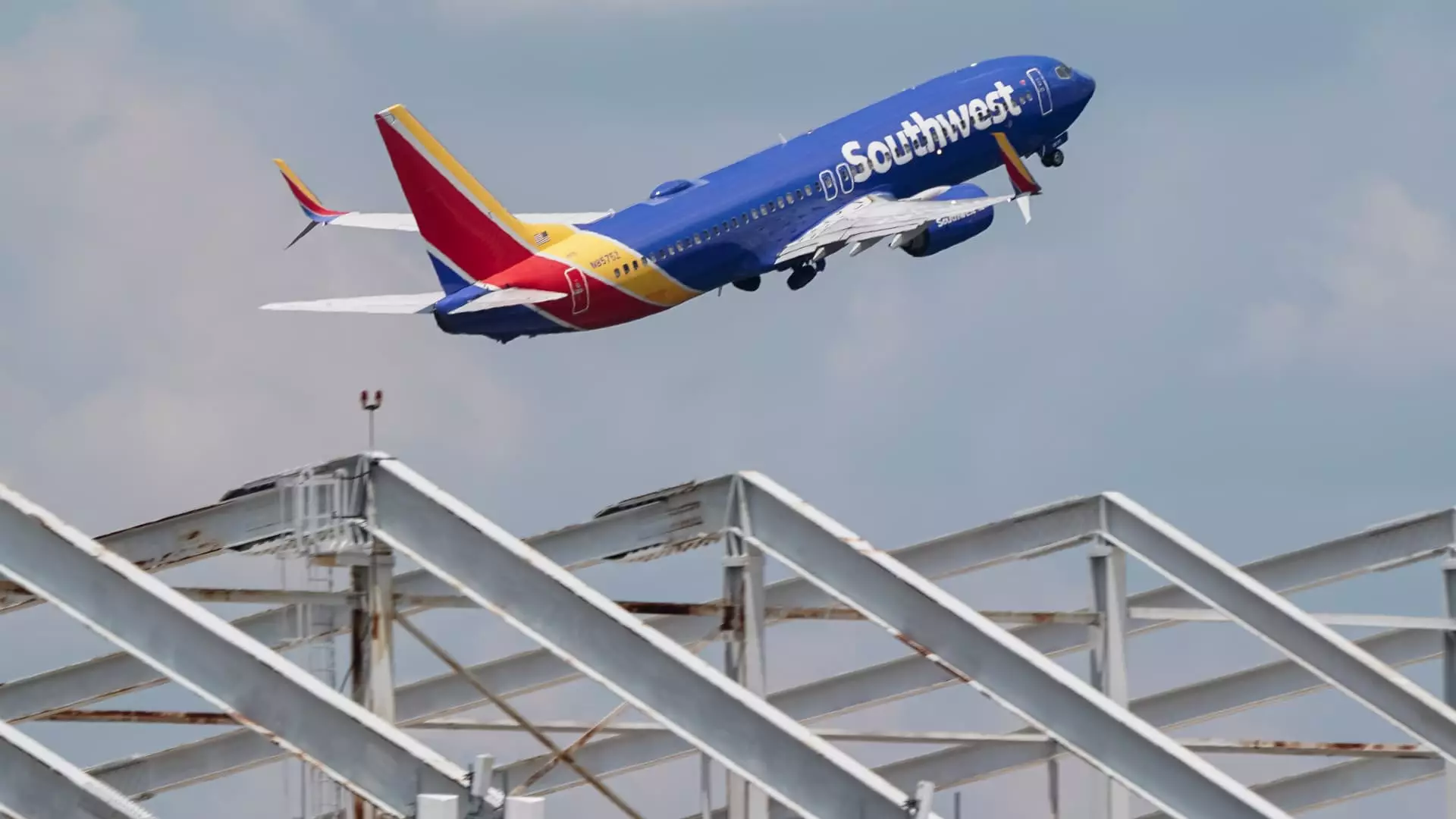In a move signaling significant internal restructuring, Southwest Airlines has revealed plans to downsize its operations in Atlanta, one of the busiest airports in the world. The decision, which comes amid increasing pressure from activist investors and ongoing shifts in the airline industry, underscores the challenges Southwest faces as it adapts to changing market dynamics. This article delves into the implications of these changes, particularly focusing on the reduction of staff and service routes, the broader context of the airline’s operational adjustments, and what it means for its future.
Starting in April 2025, Southwest Airlines is poised to diminish its Atlanta operations significantly, reducing its staffing of pilots and flight attendants by more than 300 positions. This decision encompasses a reduction of approximately 200 flight attendants and 140 pilots. Importantly, the airline has indicated that it does not plan to eliminate its crew base entirely in Atlanta; rather, affected employees will have the opportunity to bid for positions in other cities. Nonetheless, the staff realignment reflects the company’s efforts to trim costs in the face of persistent financial losses.
As part of these service reductions, Southwest will decrease its presence at the airport from 18 to just 11 gates and will limit its service to 21 cities, a stark drop from the current 37 destinations offered. These operational shifts highlight an ongoing trend in the airline industry where many companies are reassessing their market strategies and realigning resources to ensure long-term profitability.
The decision to curtail operations in Atlanta is not an isolated event but is part of a broader strategy to address rising financial pressures. Investor relations play a critical role here, as Southwest finds itself under scrutiny from Elliott Investment Management, an activist investor advocating for improved financial performance. In light of this scrutiny, Southwest’s management is reportedly preparing to outline a comprehensive plan to enhance revenue and control costs during an upcoming investor day.
A company memo expressed remorse regarding the difficult nature of these decisions, emphasizing their necessity in restoring profitability. The airline’s commitment to its employees remains firm, but the reality of the current operational landscape necessitates hard choices that could impact employee morale and customer satisfaction in the short term.
While Southwest Airlines is scaling back in Atlanta, it is simultaneously making moves to expand services in other markets, notably Nashville, Tennessee. The airline plans to bolster its flight offerings to and from this burgeoning market while also launching overnight flights from Hawaii. This dual approach emphasizes the importance of market optimization and the necessity to adapt offerings based on demand and profitability potential.
The balance between scaling back in some areas while expanding in others illustrates a reactive yet strategic maneuver in the industry. Southwest’s aircraft fleet optimization and network adjustment underscore its commitment to aligning its resources with consumer demand while concurrently maximizing revenue opportunities.
The airline industry is grappling with a myriad of challenges, including shifting booking patterns, an oversupplied market in certain regions, and delays stemming from aircraft manufacturing issues, particularly with Boeing’s latest 737 MAX models. These factors compound the difficulties faced by Southwest and its competitors as they navigate a post-pandemic recovery phase.
As stated by Southwest’s COO, difficult decisions are an integral part of the company’s strategy moving forward. The recent announcement regarding service suspensions in Atlanta reinforces the notion that adaptability is essential in today’s unpredictable market. Furthermore, recent changes to seating policies and legroom offerings indicate a significant shift in customer service strategy, marking a transformative phase for Southwest Airlines.
Southwest Airlines’ upcoming reductions in its Atlanta operations exemplify a significant strategic adjustment aimed at enhancing profitability amidst growing corporate pressures. The reallocation of staff and reduction of routes reflect the complex realities of the airline industry, where operational efficiency and financial sustainability are paramount. As the airline adapts to evolving market demands and investor expectations, stakeholders will be keenly observing how these changes will shape Southwest’s future trajectory in an increasingly competitive landscape.

